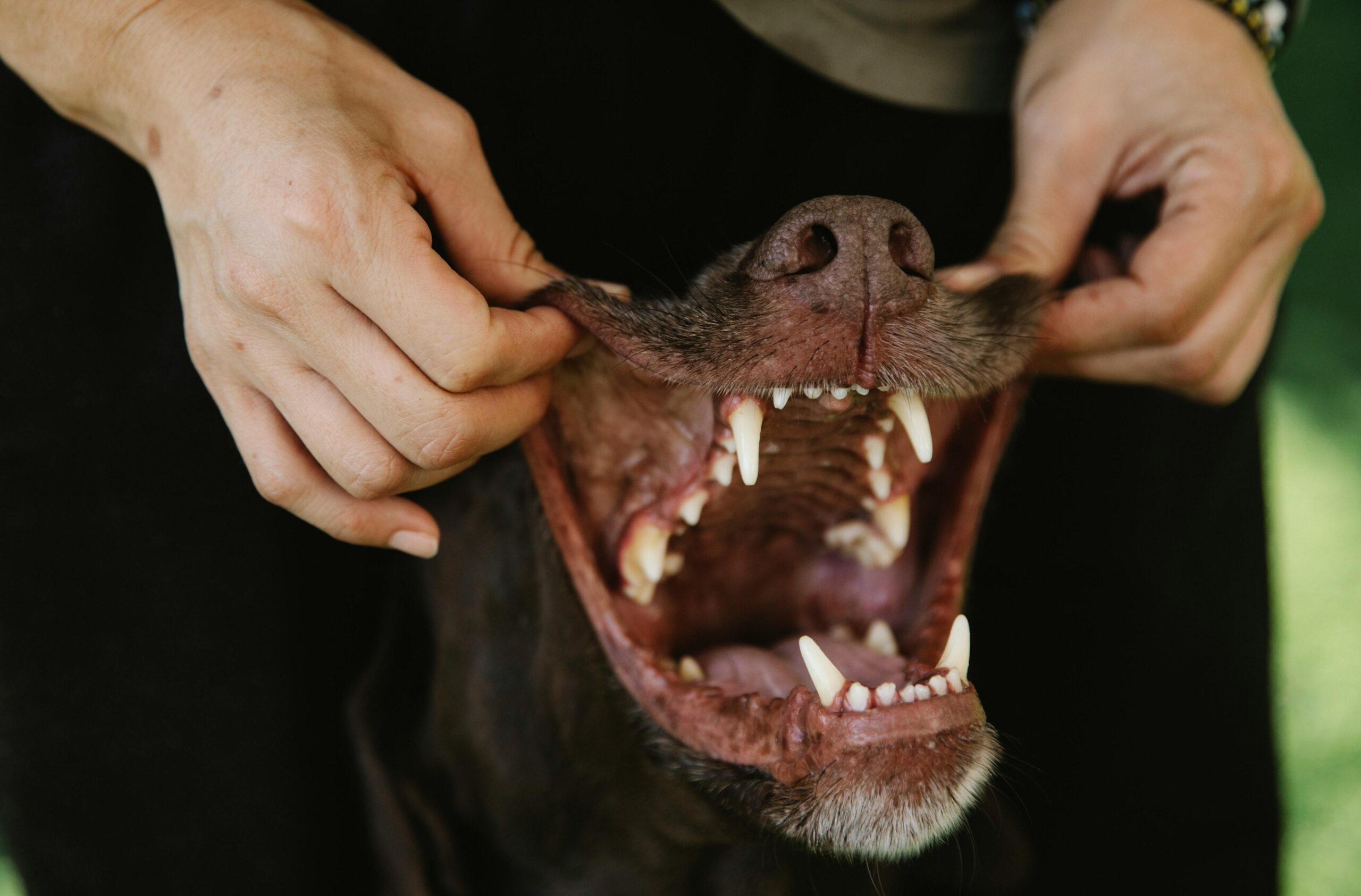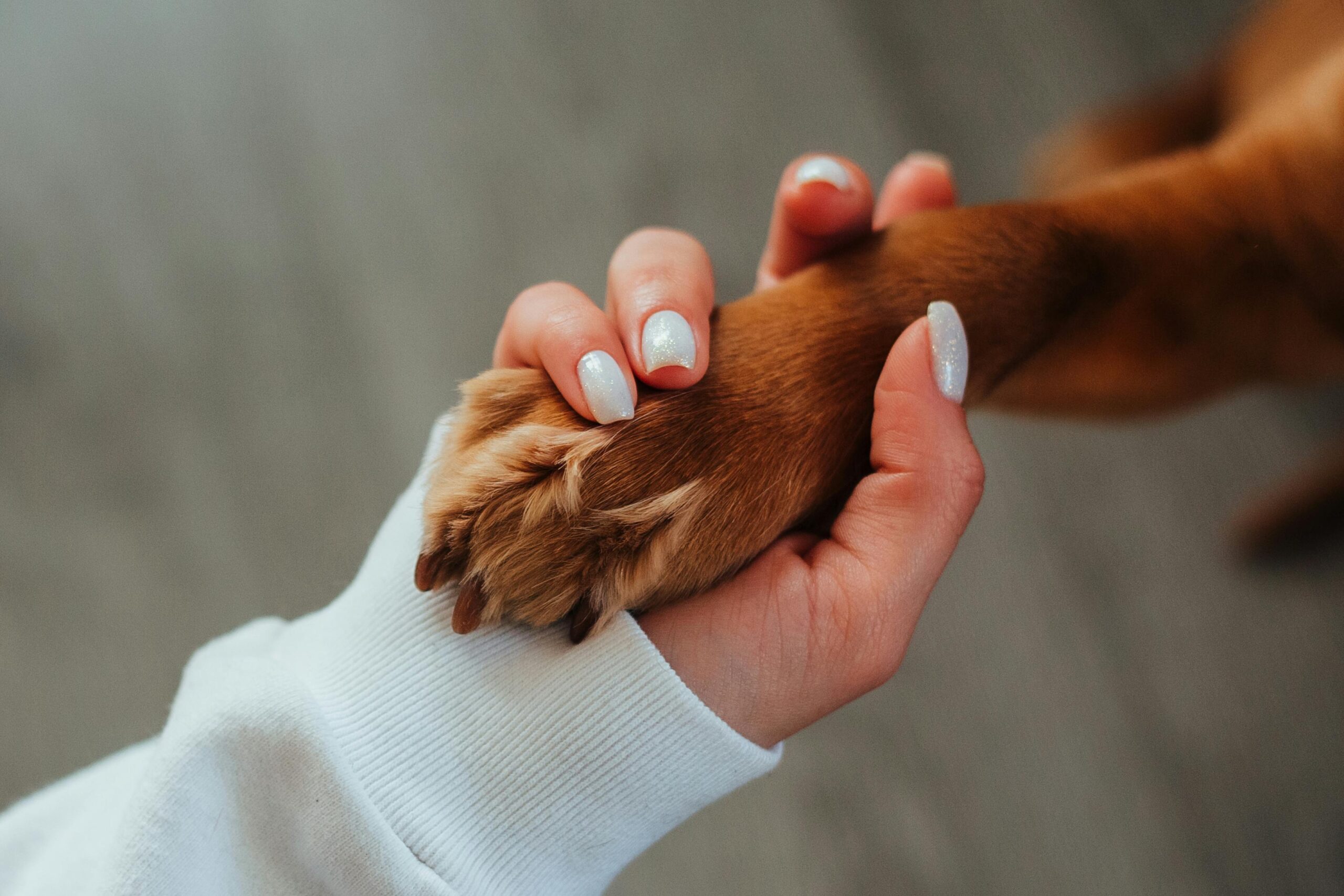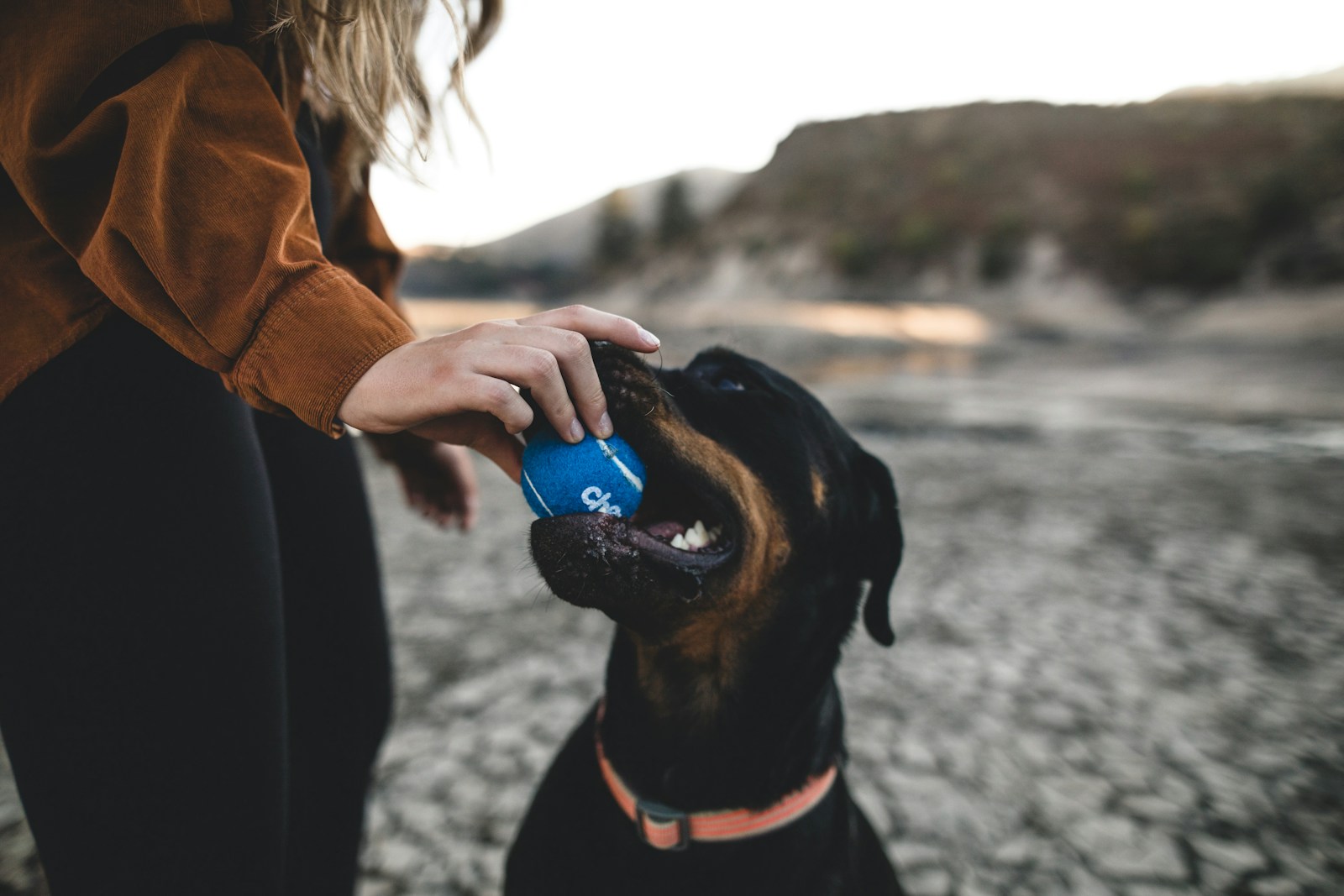If you’re a dog owner, you’ve probably experienced the unpleasant surprise of your furry friend having diarrhea. It’s a common issue that can stem from a variety of causes, ranging from minor dietary indiscretions to serious health concerns.
While it can be alarming, understanding why dogs get diarrhea and how to manage it can help you keep your pet healthy and comfortable.
In this blog, we’ll dive into the causes, treatments, and prevention tips for dogs and diarrhea so you can better care for your canine companion.Dogs and Diarrhea

Common Causes of Diarrhea in Dogs
1. Dietary Indiscretion
Dogs are curious creatures, and they love to explore the world with their noses and mouths. Unfortunately, this means they often eat things they shouldn’t, such as spoiled food, trash, or even foreign objects.
This behavior, known as dietary indiscretion, is one of the most common causes of Dogs and Diarrhea
2. Sudden Dietary Changes
Switching your dog’s food too quickly can upset their stomach. Gradual transitions over 7–10 days are recommended to help their digestive system adjust.Dogs and Diarrhea
3. Food Allergies or Intolerances
Some dogs have sensitivities to specific ingredients in their diet, such as wheat, chicken, or dairy. Identifying these triggers can help prevent recurringDogs and Diarrhea.
4. Parasites
Intestinal parasites like roundworms, hookworms, or giardia can cause diarrhea in dogs. Puppies and dogs with weakened immune systems are particularly vulnerable.
5. Infections
Bacterial infections (e.g., Salmonella or E. coli) or viral infections (like parvovirus) can lead to severe diarrhea. These often require immediate veterinary attention.
6. Stress or Anxiety
Just like humans, dogs can experience digestive upset when stressed. Changes in routine, loud noises, or new environments can trigger diarrhea.
7. Chronic Conditions
Chronic illnesses such as inflammatory bowel disease (IBD), liver disease, or pancreatic insufficiency can result in ongoing diarrhea. These require a vet’s diagnosis and long-term management. Dogs and Diarrhea
Symptoms to Watch For Dogs and Diarrhea
While occasional mild diarrhea is common, it’s crucial to recognize when it may signal a more serious problem. Here are symptoms that warrant a vet visit:
- Persistent diarrhea lasting more than 48 hours
- Blood or mucus in the stool
- Lethargy or lack of energy
- Vomiting in addition to diarrhea
- Signs of dehydration, such as dry gums or sunken eyes
- Loss of appetite or weight loss
- Fever or unusual behavior
How to Treat Dogs and Diarrhea at Home
Home remedies can often provide relief for mild cases of diarrhea. However, always consult your vet before starting any treatment, especially if your dog has underlying health conditions.Dogs and Diarrhea
1. Fasting
Giving your dog’s stomach a break by withholding food for 12–24 hours (but not water) can help reset their digestive system. This is generally safe for healthy adult dogs but not recommended for puppies or senior dogs. Dogs and Diarrhea
2. Hydration
Diarrhea can cause dehydration, so it’s essential to ensure your dog has access to clean, fresh water at all times. You can also offer an electrolyte solution designed for pets to replenish lost fluids.Dogs and Diarrhea
3. Bland Diet
After fasting, introduce a bland diet consisting of plain boiled chicken and rice or boiled ground turkey with pumpkin. Feed small, frequent meals and gradually reintroduce regular food over a few days. Dogs and Diarrhea
4. Probiotics
Probiotics can help restore the balance of good bacteria in your dog’s gut. Look for dog-specific probiotics recommended by your vet.
5. Over-the-Counter Remedies
Some OTC medications, like kaolin-pectin, can soothe your dog’s stomach. Always consult your vet before administering any medication.

When to Seek Veterinary Care
While many cases of diarrhea resolve on their own, there are times when professional care is necessary. Contact your vet if:
- Diarrhea is severe or accompanied by other symptoms
- Your dog ingested a toxic substance or foreign object
- There’s a sudden onset of diarrhea in a young puppy or senior dog
- Chronic diarrhea persists despite home remedies
A vet may perform diagnostic tests like fecal exams, blood work, or imaging to determine the underlying cause and recommend appropriate treatment.
Preventing Diarrhea in Dogs
Prevention is always better than cure. Here are some tips to help your dog avoid diarrhea:
1. Feed a Balanced Diet
Ensure your dog is eating high-quality, balanced dog food that meets their nutritional needs.
2. Avoid Table Scraps
Resist the urge to share human food with your dog, as it can upset their stomach or expose them to toxic ingredients.
3. Monitor Outdoor Activities
Keep an eye on your dog during walks and prevent them from eating trash, plants, or other potentially harmful items.
4. Regular Vet Checkups
Routine vet visits can help catch health issues early and keep your dog’s vaccinations and parasite prevention up to date.
5. Gradual Dietary Changes
When switching foods, gradually mix the new food with the old over a week to prevent stomach upset.
6. Stress Management
Create a calm and stable environment for your dog, especially during changes like moving or introducing new pets.
Conclusion
Dogs and diarrhea can be a messy and stressful combination, but understanding the causes, treatments, and prevention strategies can make managing this issue

